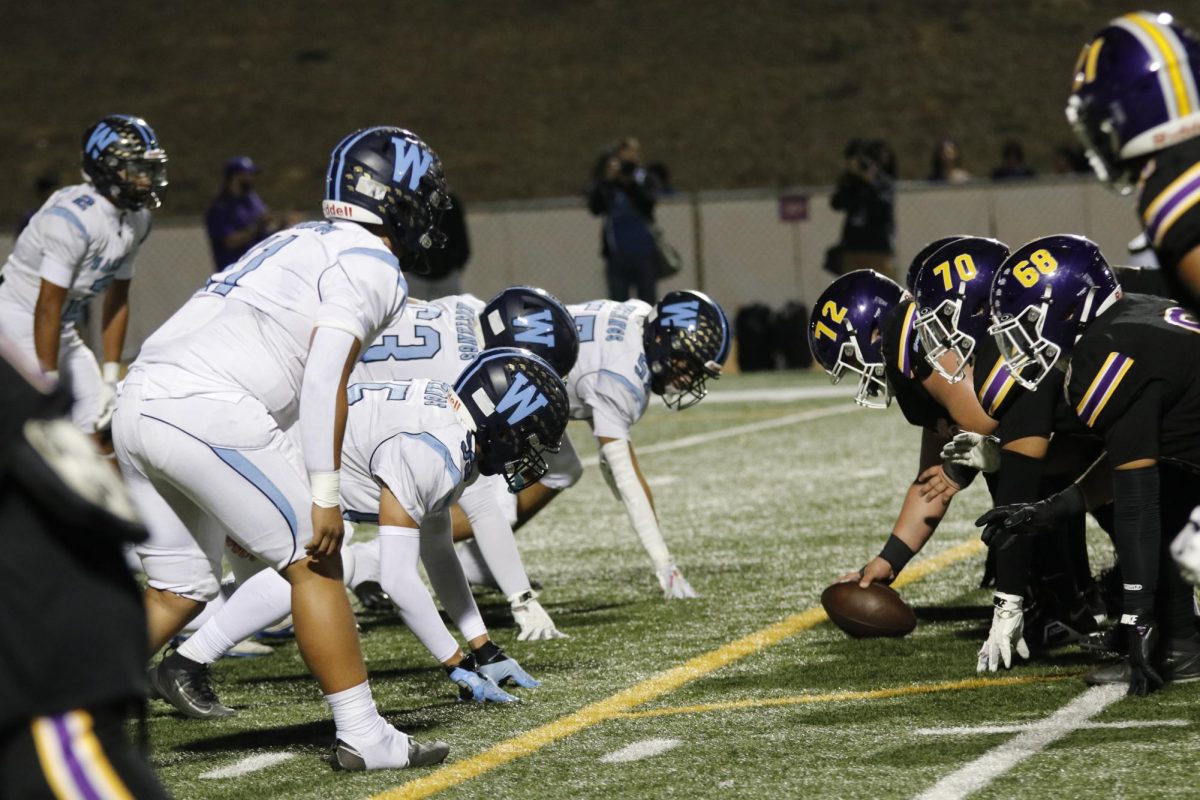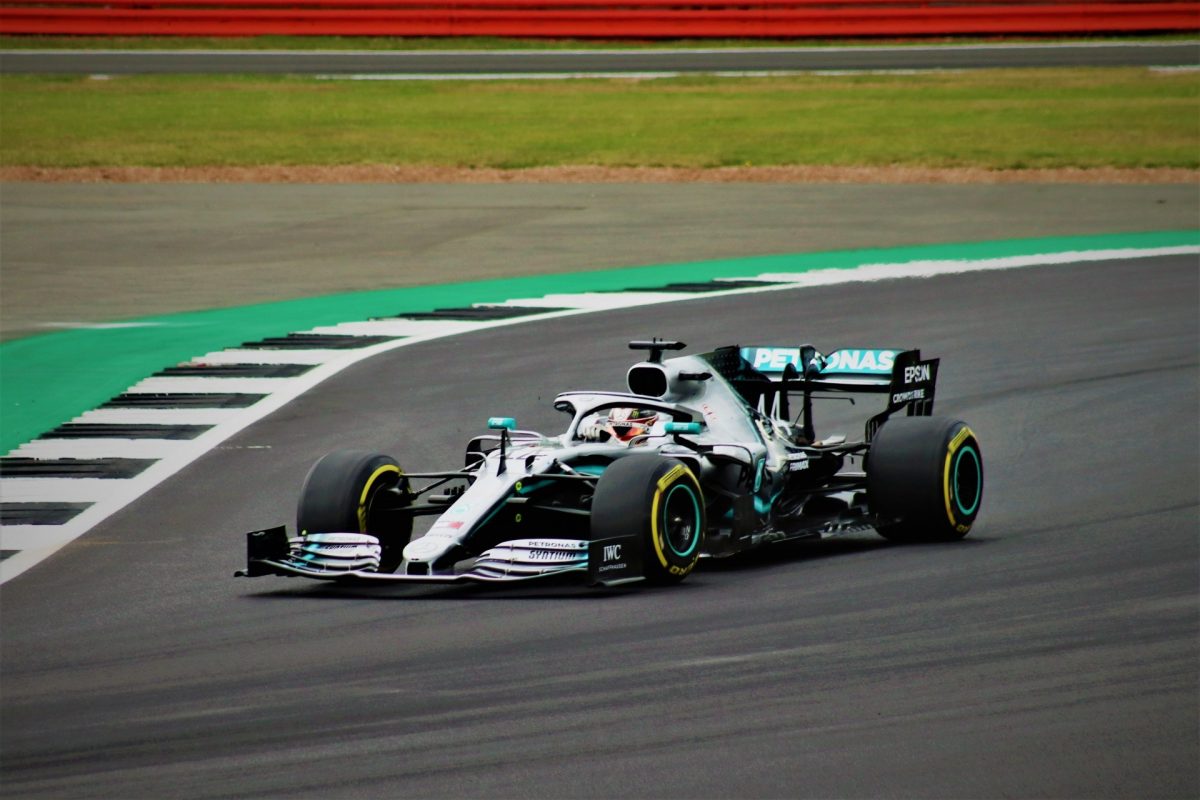Ever question a sports team’s General Manager’s (GM) decision and think you could do better? Fantasy sports offer fans the chance to assemble and manage their own team of professional athletes from the personalized comfort of their own screens.
At its core, fantasy sports is an online game where real world statistics translate into points that are calculated based on each league’s unique scoring rules. Just as professional General Managers trade, draft and sign players, fantasy managers draft their team at the beginning of each season and have the freedom to trade, drop or bench the players they have preemptively chosen.
Oftentimes, fantasy sports offer fans more than just a chance to showcase their knowledge on a specific sport. Instead of merely following one or two teams per sport, fantasy managers can track individual player statistics across the league to be well informed on matchups and nuances such as injuries or career defining trades.
Leagues can be formed with the intention of friendly competition. Usually, the winning fantasy managers in a league receive prizes that vary based on the group’s preferences. Through a collective decision by participants, penalties can also add an extra layer of stakes to the fantasy season. These additions bring a layer of excitement to the game, which often provides more entertainment than a typical video game. Players can also interact with the game directly, unlike many other games that only have certain objectives. With fantasy, many have new objectives and points to accumulate each day as the game dates vary.
With multiple fantasy leagues commonly involving a group of close friends, many find it to be a source of social interaction. By seeing whose players perform better on a daily basis, friends can trash talk one another and hold discussions about who has assembled the superior team. These fantasy managers hold discussions that are driven through a combination of friendship and competition.
Another aspect of fantasy sports involves competing for money or other types of currency. Friend groups that participate in fantasy games often wager friendly bets that involve contributing to cash pots or exchanging forms of currency. Yet, there are potential sets of repercussions that come with betting money on sports.
Warped perceptions of watching sports can also be derived from “betting” on fantasy sports to gambling on them. Back in 2018, a 6-3 split decision by the U.S. Supreme Court found that the 1992 Professional and Amateur Sports Protection Act’s (PASPA) prohibition on “state authorization of sports gambling schemes” was a violation of the 10th Amendment. This decision immediately opened the door for states to legalize and regulate sports gambling, paving the way for widespread betting on fantasy sports and traditional sports events alike. As a result, what was once a pastime purely for entertainment has turned into a financial sinkhole, tempting fans to constantly invest more time, energy and money in the hopes of a big payout. With effects also reaching into mental aspects, playing fantasy in moderation is key to having a fun experience.
Fantasy sports offer insight into the priorities and strategies that actual GMs value when managing a team. Once you start playing, you’ll likely become invested not only in your team’s wins and losses but also in the individual performances of players on your fantasy team.








